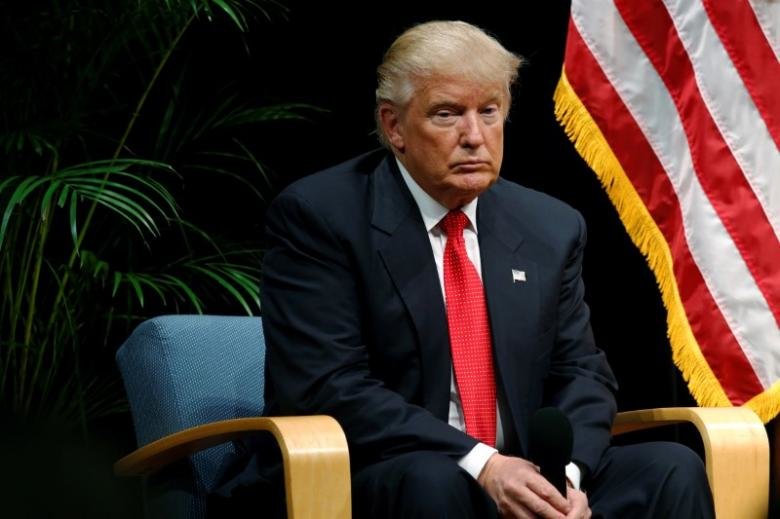Change is coming, but when is the question

It has been claimed that when Neocon warmonger John Bolton won his appointment as Trump’s National Security Advisor and showed up at the White House that Trump, in jest or not, told him he was not going to permit him to start another war. Trump was signaling his alleged refusal to allow Bolton to start a war with Iran in particular.
But the question remains: why would Trump, who arguably won election in 2016 because he seemed far less hawkish than Hillary Clinton, appoint such a person as Bolton, as well as Pompeo (the “pompous”) and others such as Nikki Haley who presides at the UN as ambassador? This question is, I think, not answerable, unless Trump was determined to keep these monsters close so he could check their hawkish impulses.
But, in fact, Trump, just like Obama and even George Bush, all of whom at least claimed to desire less destructive foreign policies, betrayed many of the voters who put them in office. And the U.S. electorate is taking note of this: the upcoming midterm elections are, quite possibly, going to be a disaster for the Republicans.
Even if Trump does not attack Iran militarily, in many respects he may as well have with his application of sanctions and extreme financial leverage to try to produce Iran’s submission to U.S. demands. And along with the Saudis, Trump may have supported the terrorist attack in Ahvaz that left scores of people there dead or injured.
Washington anyway is choking on talk of American “exceptionalism” which has been trumpeted as a foundation of U.S. foreign policy and sanctions. But sanctions remain an ineffective tool because most governments subject to sanctions resist making concessions to the U.S., and this resistance has moved Washington to apply even more sanctions in the vain hope they will somehow “work”. Almost no country has been immune to sanctions or threat.
This past week even China was scored and sanctioned for buying Russian military equipment, as if no country can be sovereign enough to decide for itself who its business partners will be. For the U.S. it’s a losing game, if not immediately, then eventually. Countries are beginning to pull away from the U.S. financial “system” and the weaponized dollar like never before. Trade will be increasingly conducted in national currencies, not dollars in coming years.
Countries under attack with sanctions by the U.S., including Iran, can have no better example than Vladimir Putin, who has enshrined a degree of patience and forbearance like few other leaders ever have in perilous circumstances. The callous and cynical ploy by the Zionists to set up a Russian aircraft for destruction off the coast of Syria is an example of this. After the aircraft went down and took the lives of 15 Russians, the Internet was abuzz with a desire to see Putin neutralize Israel and, at the least, establish a no-fly zone over Syria to preclude further Zionist aggression on Syria.
But Putin merely concluded the incident was some sort of “accident”, a glitch in the chains of command. It is debatable but had Putin retaliated by shooting down an Israeli aircraft or two, he might have started World War 3? On the other hand, his reaction was measured and sensible: but he won’t forget what happened, and if there happens to be a next time, he probably will respond militarily with the full support of most countries.
One day the entire world will understand that there is not a single “war” in the Mideast that the Israelis did not start themselves directly or by pushing its poodles, the U.S. and even Saudis, to aggressive actions. The Zionist regime bears, I think, the ultimate responsibility for millions of deaths in the Middle East over the past 30 years, and wrecked U.S. standing worldwide even if, for the time being, the threat of further U.S. and Israeli aggressions at the margin more or less maintains U.S. dominance, albeit a waning one, across the Mideast and elsewhere.
The U.S. needs a political and policy housecleaning like no other country ever has in my memory, and the sooner the better, for the sake of humanity at large. But if were to occur, perhaps fomented initially by crashing financial markets, it would be difficult for an economy so dependent on the Military Industrial Complex and for “average” Americans, who must somehow discover and grasp the wisdom of radical internal change. As an observer within the U.S., more and more Americans oppose Washington and Trump.
Leave a Comment